Muhammad Zafar Iqbal on Humayun Ahmed's legacy
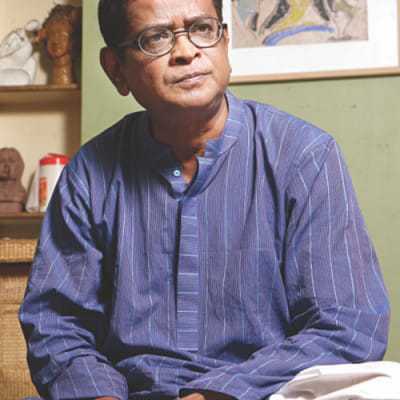
One of the greatest storytellers of his time, Humayun Ahmed's unmatched eminence has placed him both in the heart of readers and literary debate. While critics argue that his accessibility has attributed to the decline of literary standards, it is undeniable that Humayun Ahmed's legacy has firmly posited him into Bangladesh's modern cultural zeitgeist. Had he been alive today, Humayun Ahmed would have celebrated his 69th birthday with loved ones and readers. Eminent writer and Humayun Ahmed's younger brother, Dr. Muhammad Zafar Iqbal, speaks to The Daily Star about his brother's brilliant legacy, and more. Excerpts:
“Growing up, I never realised my brother would be the embodiment of this unparalleled legacy today. Time stood still in Bangladesh for a couple of days after his passing, and the matter of his burial also became a crisis. It was then I began to learn the true extent of his popularity, and I don't think there was ever a writer in this world who had been so revered by his readers. A writer of great measure is often celebrated by intellectuals, but it is altogether something else to be able to touch the hearts of everyone across all backgrounds.”
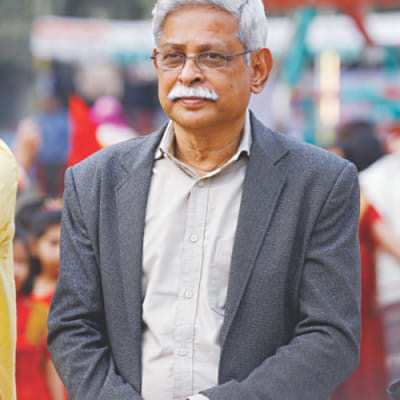
“We underestimate the contributions his literary legacy has made in shaping our perceptions; his novels have played a significant role in the retelling of the 1971 Liberation War in a way I do not think any other writer has achieved. During a time when the word 'Razakar' was taboo and unuttered, a drama scripted by Humayun featured a parrot that cried out Tui Razakar!' on air for the first time. He created a new platform for television, movies, and novels, and it is a painful regret that he passed so young.”
“Years after his death, there are some things that give me great pain. There are literary awards granted and named in his honour, but more often than not the recipients have been outspoken in their criticisms of his literary value. Many prolific writers are of the wrongful opinion that a writer's work is lacking in depth if it appeals to a large mass of people.”
“We belong to an older generation where birthday celebrations were not acknowledged. My father would buy him books, which made him immensely happy, and when I was in university my friends and I would eat sweets on birthdays, with none of the excitement that exists today. That kind of vigour is reserved for our children's generation. And how was I to know then that my brother, with whom I've grown up constantly fighting and playing with, would become who he is today?”

 For all latest news, follow The Daily Star's Google News channel.
For all latest news, follow The Daily Star's Google News channel. 

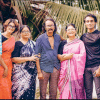
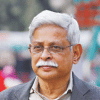
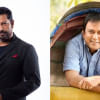

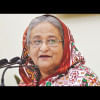


Comments